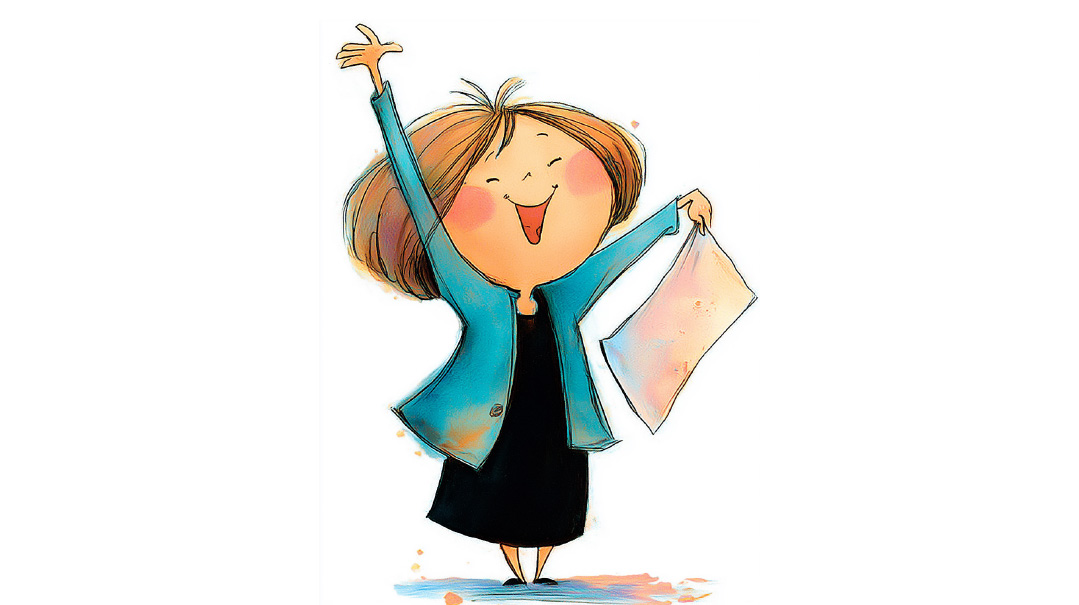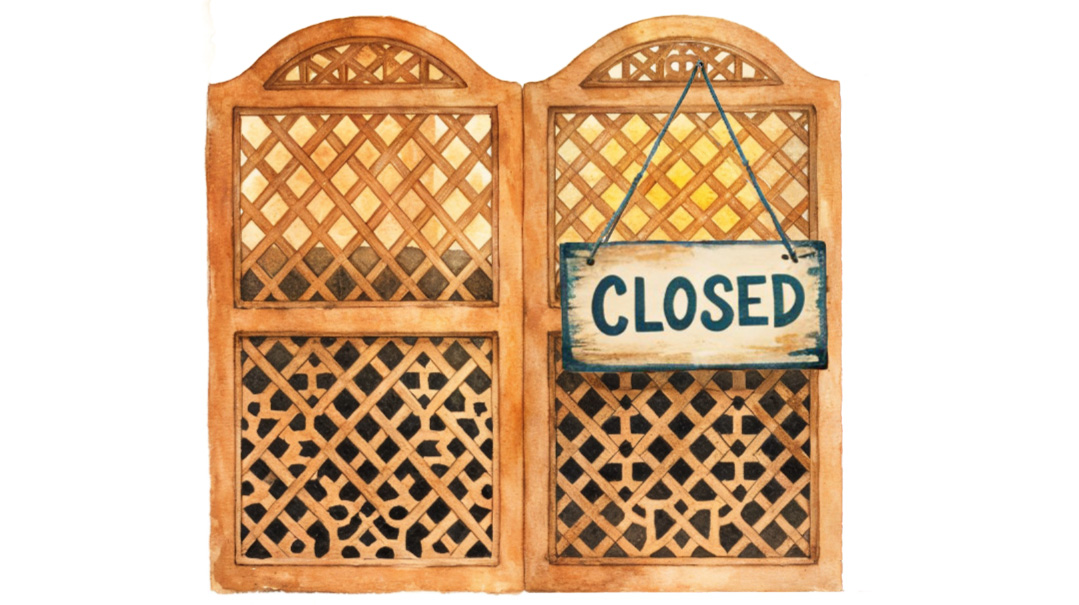Trays of Love


When I think of Bubby, I see cake.
Lots of different types of cake laid out neatly on trays. Not perfectly neat, mind you, but neat enough to be placed on the table at any and all family simchahs.
No engagement was complete without Bubby’s cake trays; no three-year-old got his hair cut until the three-colored-cake was lined up next to the sandwich cake and marched off to the table. All the bar mitzvah boys recited their rehearsed pshetl to the pride of their parents, with Bubby’s wafer cake and kokosh cake in the background.
Bubby didn’t bake in silence. She loved to talk. In my mind, her legendary cakes carried the sound of conversations in a rich Hungarian accent with whichever of her children was on the phone with her. They’d dissect all that was happening within the family, the neighborhood, the community, and the world at large.
She baked while she spoke, and not the other way around. She would sift and measure, mix and sprinkle as she tried to smooth ruffled feathers and calm bowls of emotions. If there was stress in her life, you couldn’t feel it in her cookies. If she was sad, and as a Holocaust survivor widowed at the young age of 45 she was entitled to be, you couldn’t taste it. Her delicacies were sugary platters of love and joy, humor and strength.
Bubby didn’t just bake regular cakes. She baked cookies shaped like horseshoes, ends dipped in melted chocolate, which she stored in little button boxes that she brought home from the sweater factory where she worked. She’d show up in New York early in the morning after a long overnight journey from her Canadian home, bearing button boxes full of love and chocolate. She’d head to her room for a short nap, and we children would wake up and check the freezer to see if she’d arrived yet. The cookies were our answer, heavenly melt-in-your-mouth snacks to keep us going all day as we waited to see her cheerful smile when we came home from school.
Her visits were a joy to our souls. She usually came for simchahs, which were a natural source of happiness. She sometimes came for Yom Tov, also a joyous time for us. When she stayed with us, the sounds of her schmoozing with my mother was our early morning wakeup call, and the conversations continued way past bedtime.
Bubby’s creativity extended past her baking. She worked in a sewing factory and she’d often bring home scraps of fabric that she fashioned into puppets. She would entertain us with silly little shows and have us giggling with joy at her actors’ antics way into the nights.
As our family grew and Bubby didn’t have the space to host all of us, our visits to Canada became less frequent. My older siblings recall visiting her many times, but I only remember visiting occasionally, with just one or two of us children joining our parents on the trip.
(Excerpted from Family First, Issue 617)
Oops! We could not locate your form.







